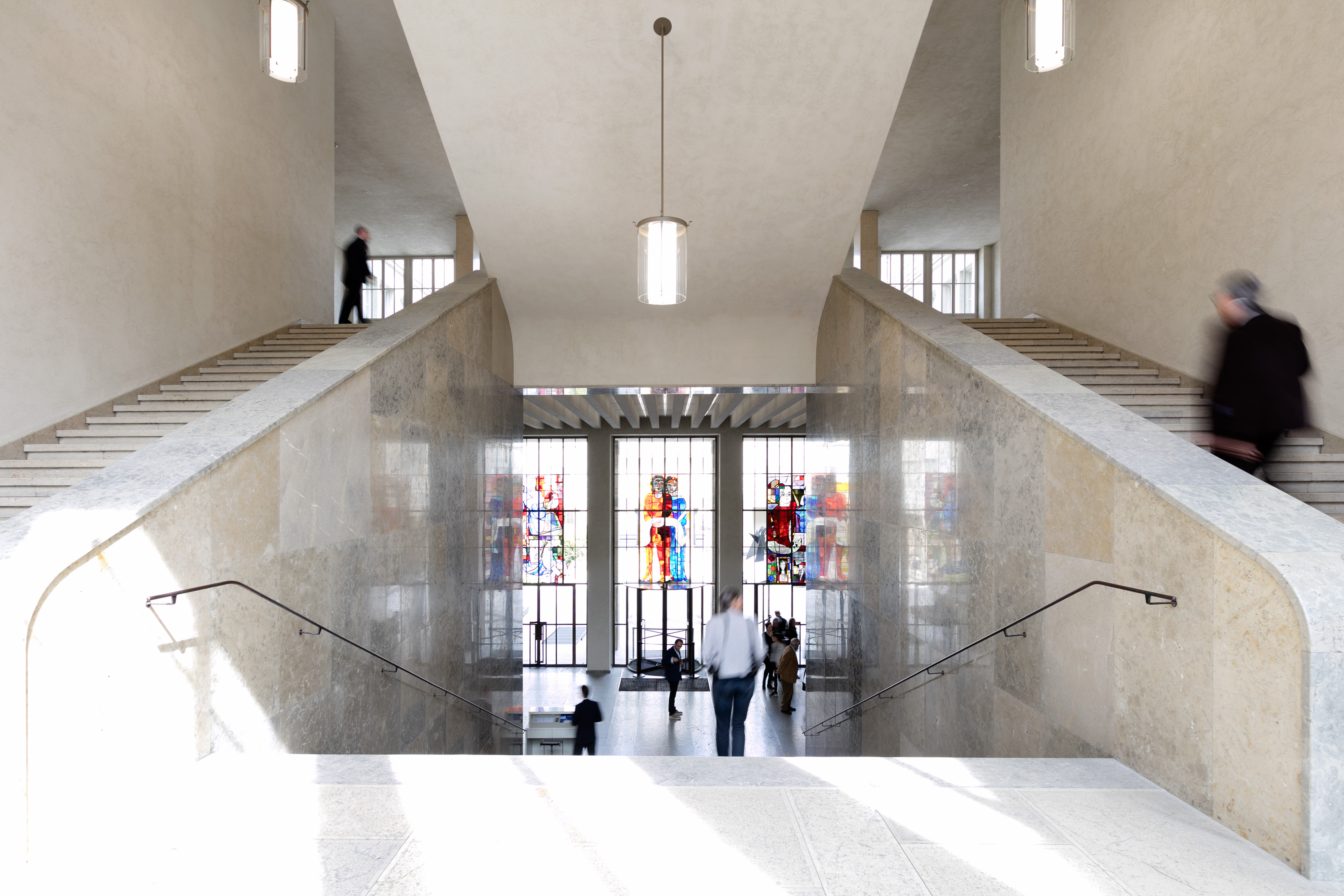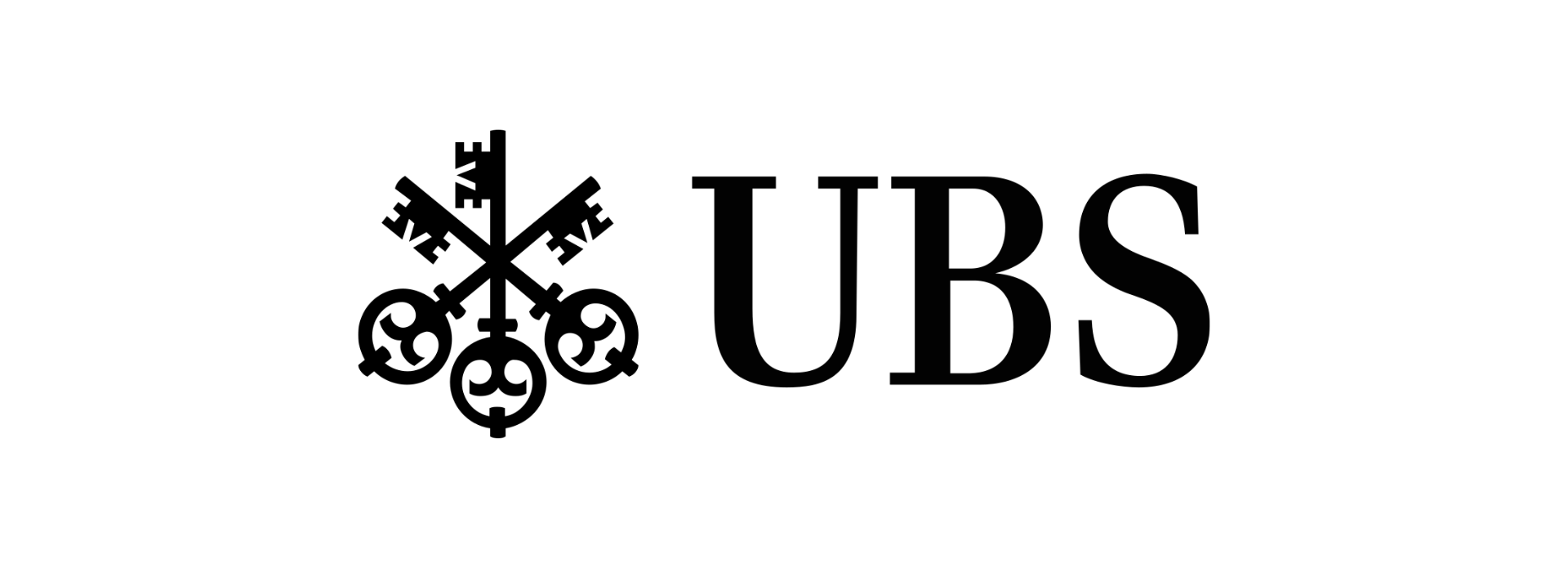
Make culture and arts education accessible again.
End the museum lockdown.
For the mental well-being of all!
Basel, 27 Januar 2021
Museums and exhibition venues are places of education, cultural diversity, and emotional empowerment. In a liberal, democratic society, they are important institutions for formulating opinions and forming identities; they promote liberal and pluralistic thinking; they offer respite, recreation, and inspiration; and they strive to be open to everyone. They have thus become essential vehicles for the idea of democracy. The density and diversity of museums in Switzerland testify to the importance of and commitment to culture. This cultural commitment must be lived. Especially now!
Museums and exhibitions engage with natural and cultural history, with art and its reflection on the present, which make them a critical counterpart and partner to reflect on new situations and crises. Experiencing an original object – be it a work of art, a historical manuscript, or a scientific specimen – cannot be adequately replaced by an online presentation, blog, or virtual tour, no matter how wellproduced. This is evidenced by the numerous feedbacks that have reached our museums in the past year. If physical access is limited or blocked, education and culture become fundamentally stunted. The protection and hygiene concepts, which have been implemented since May 2020 and have been adapted to fit the latest requirements, have since been bolstered by experience. They allow the museums and institutions to open prudently to visitors. The venues are secure public spaces with individualized and dynamic protection concepts that can be proactively adapted.
Museums and exhibition venues offer sufficient space to maintain regulations on social distancing and to expand on them when necessary. Controlled visitor flow is possible at any time and has already been successfully operationalized on a wide scale since May 2020. Individual exhibition and museum visits do not generate an accumulation of visitors. Especially for the local population, the encounter with cultural creation is an important means of contact in anxiety-provoking times, without causing much social movement.
Together with the Swiss Museums Association (VMS), the International Council of Museums (ICOM) Switzerland, the Association of Swiss Art Museums (VSK), the Association of Swiss Institutions for Contemporary Art (VSIZK/AISAC), Association of Natural History Museums and Collections in Switzerland and Liechtenstein (musnatcoll.ch), we urge the Federal Council to allow museums and exhibition houses to reopen for individual visits in the first stage of regulatory relaxation, so that they can continue to fulfill their educational mission and contribute to the spiritual and mental well-being of all.
Antikenmuseum Basel, Andrea Bignasca
Basler Papiermühle, Britta Graf
Fondation Beyeler, Sam Keller
HeK (Haus der elektronischen Künste Basel), Sabine Himmelsbach
Historisches Museum Basel, Marc Zehntner
Jüdisches Museum der Schweiz, Naomi Lubrich
Kunsthalle Basel, Elena Filipovic
Kunsthaus Baselland, Ines Goldbach
Kunstmuseum Basel, Josef Helfenstein
Museum.BL, Marc Limat
Museum der Kulturen Basel, Anna Schmid
Museum Tinguely, Roland Wetzel
Naturhistorisches Museum Basel, David Alder & Basil Thüring
Pharmaziemuseum, Philippe Wanner
Römerstadt Augusta Raurica, Lilian Raselli
S AM Schweizerisches Architekturmuseum, Andreas Ruby
Schaulager, Heidi Naef
Spielzeug Welten Museum Basel, Laura Sinanovitch
Vitra Design Museum, Mateo Kries
